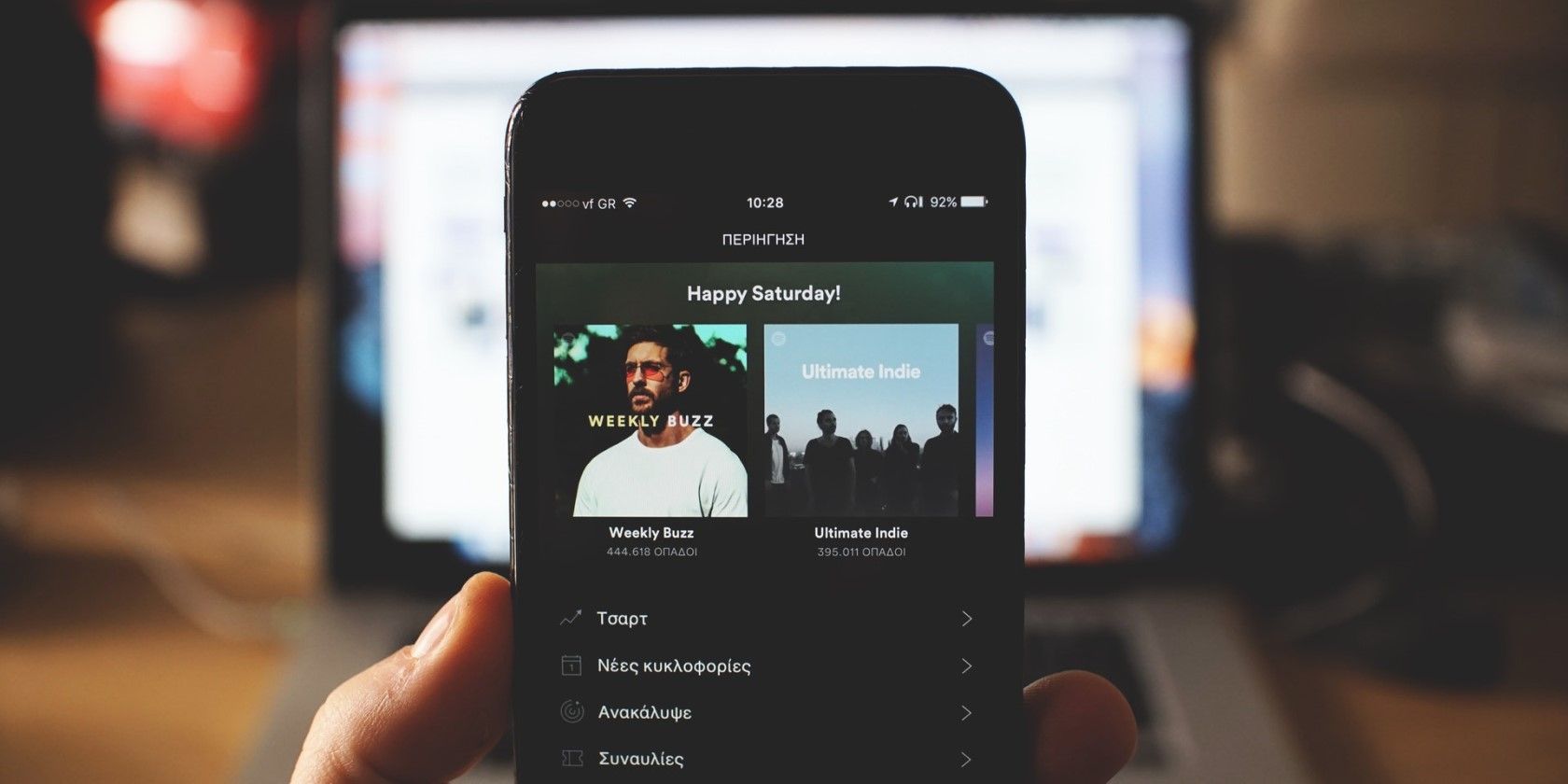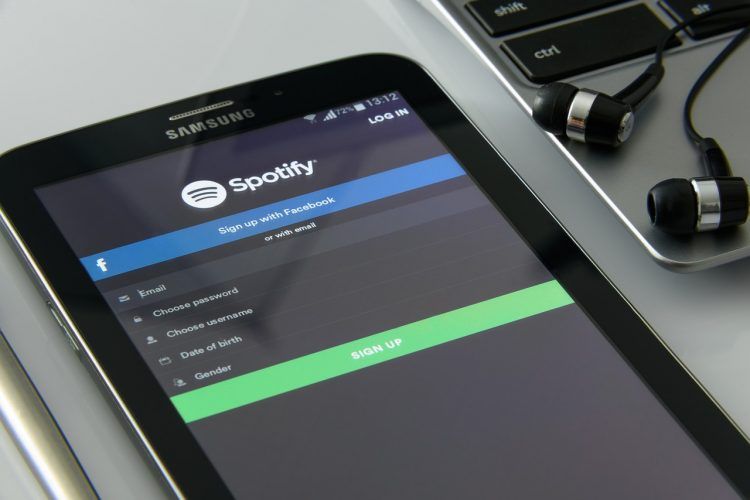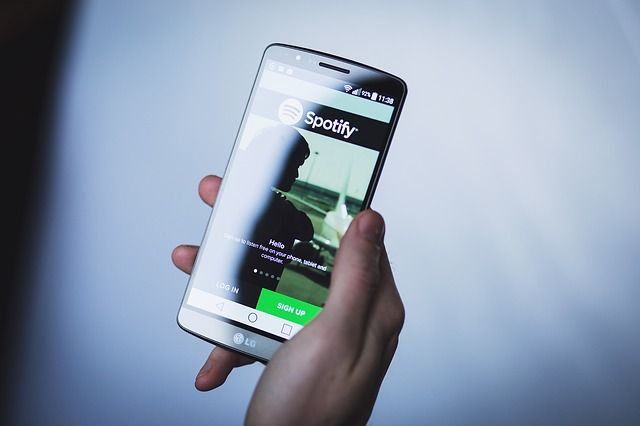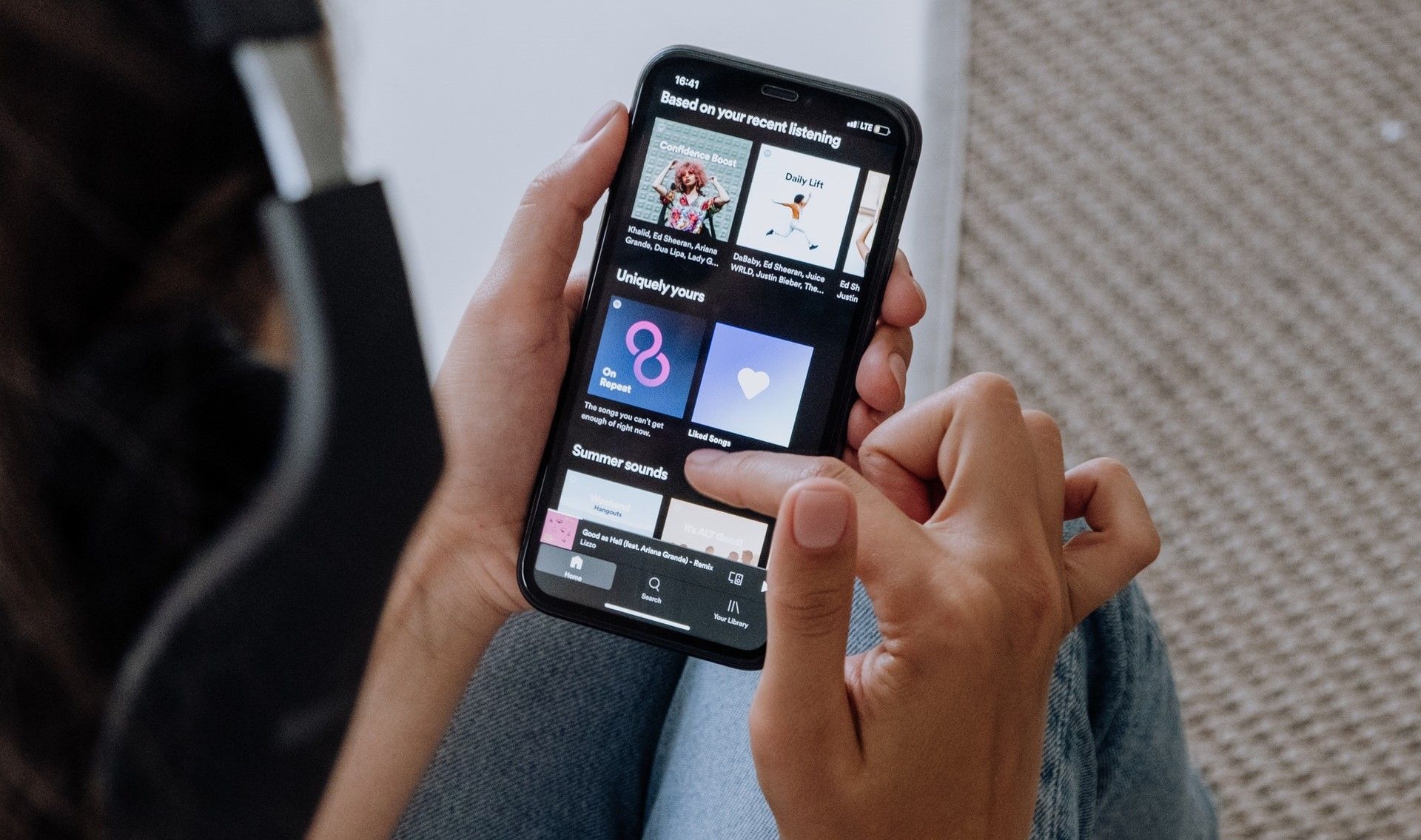Spotify’s new Discovery Mode feature could prove to be a game-changer for both artists and audiences.
As a competitive streaming platform in a fast-paced industry, Spotify is constantly revamping and updating its platform. Some of these changes are good, while others are bad.
The launch of Discovery Mode has caused quite a stir among audiences, artists, and, potentially most importantly, the House Judiciary Committee.
Spotify: The Ultimate Listener Experience?
Be it downloading or managing your songs and playlists, Spotify offers listeners the ultimate music streaming experience.
With Spotify driving over 16 billion artist discoveries a month where audiences hear music from artists they have never heard from before, the music streaming platform is able to offer personalized recommendations to users.
And the launch of Spotify’s new redesign and the many updates to the user library is enabling Spotify to transition into uncharted territory.
But are Spotify’s new upgrades and features benefiting the artists whose music we immerse ourselves in?
What Is Spotify's Discovery Mode Feature?
Launched in November 2020, and detailed in a post on For the Record, the Discovery Mode feature is altering artists’ exposure to the Spotify algorithm. It currently remains under a trial pilot program through both Spotify’s Autoplay and Radio functions.
By using Discovery Mode, artists will be able to receive additional exposure for tracks through the platform's algorithm without paying anything upfront. In exchange, they will receive a "promotional royalty rate" for each track and stream. Potentially, artists and labels might be able to strategically promote specific music, tracks, or albums.
Spotify believes the move will ensure both artists and audiences are "getting what they want, " as artists and labels will be able to identify and prioritize what might be important to them.
They can utilize the Spotify algorithm to further personalize listening sessions for its existing audiences while also expanding its audience base further. Spotify will be able to boost their chances of getting more streams and hits on a track, and therefore, more revenue due to increased streams.
Will Spotify's New Discovery Mode Harm Artists?
However, while it might seem that the artists are at an advantage and might be benefiting from leveraging the algorithm, the royalty rates are set to be lower than the standard rates.
Which means that Spotify could be accused of ripping off artists in spite of the presumably higher number of streams. Additionally, artists who opt out of this scheme will not have their tracks prioritized on Spotify's Radio and Autoplay functions.
This has led to allegations that Spotify is introducing a kind of "pay-for-play scheme," that seems highly exploitative and unfair, especially to independent and smaller artists and labels in the music industry.
This is concerning due to the fact that Spotify’s royalty payments to artists are already low. Smaller artists might not be able to gain the same following and number of streams compared to some of their higher-profile counterparts.
Despite these claims, Spotify argues that the Discovery Mode pilot is beneficial to artists, especially because they are witnessing a royalty spike. Spotify believes that the new algorithm is making up for the overall decrease in the per-stream rate.
Influencing the algorithm holds great value in presumably aiding artists and even beating the Spotify algorithm.
Breaking Down Spotify's Discovery Mode
Critics of Spotify's new initiative are also citing the similarities between the Discovery Mode and "payola". The latter being the act of paying for promotion on a presumably unbiased and impartial platform. It is an often controversial and illegal practice by radio stations to feature and playlist music in exchange for cold, hard cash.
In a competitive music industry, it might also seem ludicrously idealistic to believe that the Discovery Mode could help pivot artists to the top. If the Discovery Mode feature were to be successful and grow into a more common practice for artists, they would ultimately need to compete with one another for streams from their audiences.
In an already cutthroat music industry, will artists be able to continue to sustain a promotional leg-up through Discovery Mode alone?
Why Is Spotify's Discovery Mode Controversial?
Owing to the potential undercutting of artists, the Discovery Mode feature has caught the attention of (and is currently under a probe by) the House Judiciary Committee in the US.
According to The Hollywood Reporter, House Judiciary Committee Chairman Rep. Jerry Nadler and Subcommittee on Courts, Intellectual Property, and the Internet Chairman Rep. Hank Johnson Jr. recently sent a letter to Spotify CEO Daniel Ek expressing their reservations and concerns about the new feature.
The letter highlighted that the Discovery Mode could potentially escalate a so-called "race to the bottom". Artists and labels might now be more inclined and pressured to accept lower royalties to get more listeners in the ever-growing and competitive streaming music industry.
The letter also posed other important questions about the app’s new features, specifically how Spotify would go about calculating the new "promotional" royalty fee given to artists, what would be done to minimize the effects of the potential "race to the bottom” issue, and more.
The move might also considerably diminish consumer choice. Audiences might lose control and freedom over content, thereby creating considerable policy implications.
The Discovery Mode also came at a time when the United Musicians and Allied Workers Union launched its Justice at Spotify campaign. This initiative is demanding higher rates for artists per stream and is also calling for greater transparency and accountability around Spotify’s practices.
Is Spotify's Discovery Mode Here to Stay?
To sum everything up, Spotify's new Discovery Mode is a way for the streaming music service to amplify particular songs or albums to listeners as identified by the artists or label. However, taking advantage of this means artists and labels agree to be "paid a promotional recording royalty rate for streams". Which is where the controversy comes in.
To be absolutely clear, this is currently just an experiment, so there's no guarantee it will stick around for the longterm. And in the meantime, US Congress is demanding answers to the questions it has about Spotify's Discovery Mode and the ramifications it may have on the future of music streaming.




